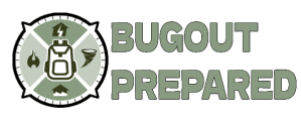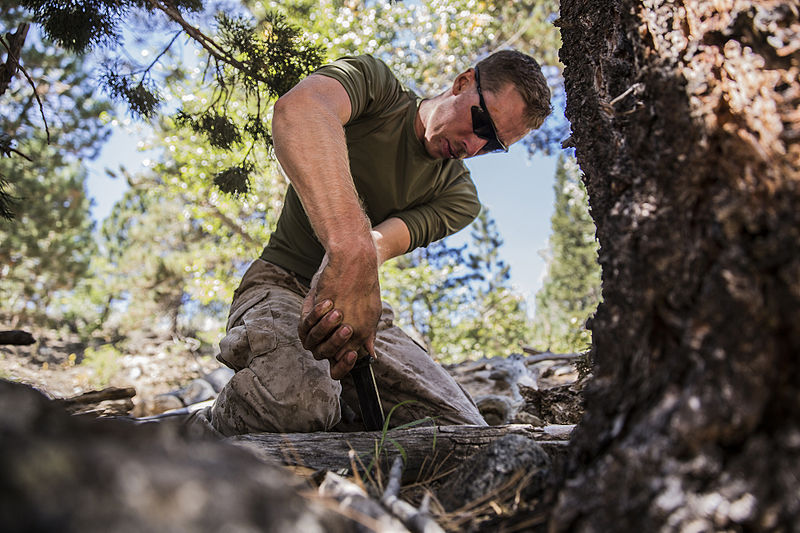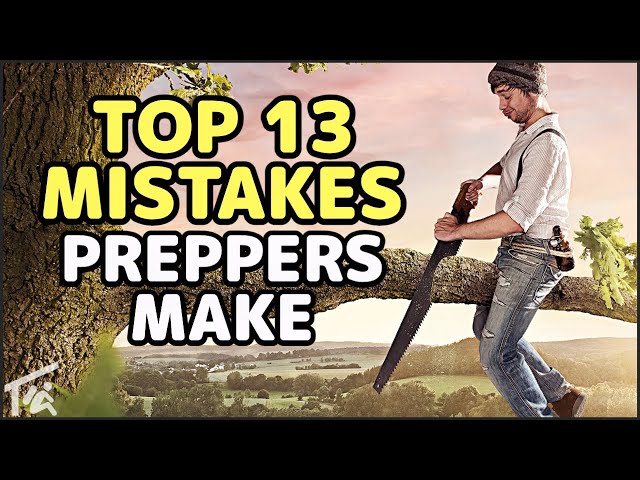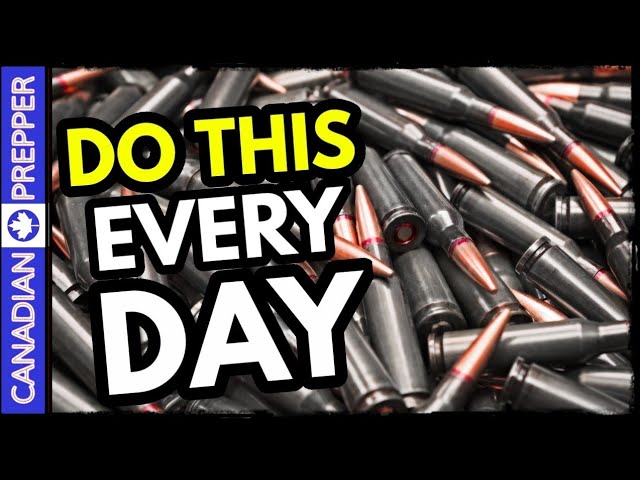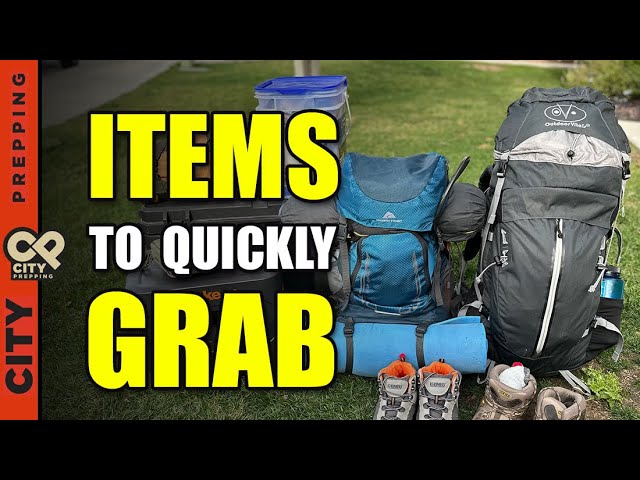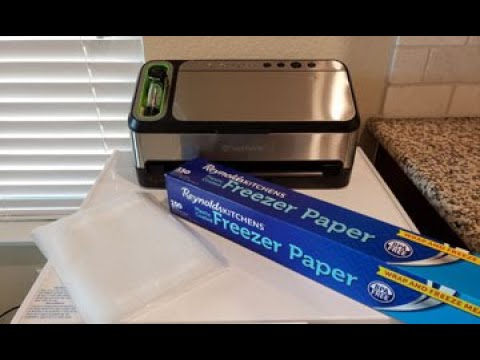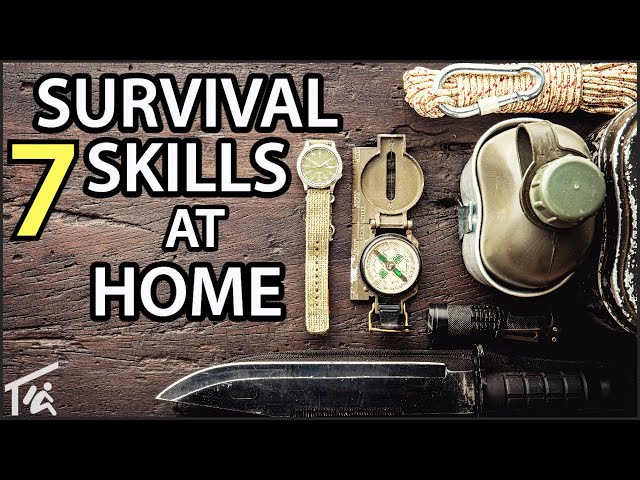
There are a lot of things to consider when you’re in a survival scenario. However, it is critical that you keep in mind What’s Most Important. That’s P. R. W. F., which stands for Protection, Rescue, Water, and Food.
1. Protection
Your first aim should always be to provide appropriate protection. Even in 50 degree weather, hypothermia can occur, especially if damp and exposed to the wind. In hot climates, shade from the sun is crucial. Create a shelter and protection from the elements with paracord that you should have in your survival kit and whatever you can find around you.

One layer of insulation on the bottom is equivalent to two layers of insulation on top when creating a shelter to keep warm. During the night, a significant amount of your body heat escapes into the ground. Also, cover your head since the bulk of your body heat is lost through your head. If at all feasible, work on a dry, well-drained, and level surface. Site selection should take into account proximity to water and firewood. On a location that is easily identified and seen, construct a shelter.
Clean and dress wounds with alcohol prep pads and bandages, two more must-haves in your emergency preparedness kit. In a survival scenario, infections may be quite serious. To keep bandages in place, use safety pins.
2. Rescue
After you’ve secured yourself, the next step is to draw attention to yourself for rescue. To communicate with any search parties, use a whistle, a signaling mirror made from tinfoil, or a flashlight. A whistle’s blast might travel up to 1-2 miles in the woods and takes very little effort to issue. At most, a human voice can travel 100-200 meters. A smoky fire may also be used to draw the attention of others from a distance.
The international signal for emergency is three continuous beeps. A distress signal can be as simple as 3 flashes of a light, three blasts of a whistle, or three staves. You may also use three fires in a triangle to signify that you are in need of assistance.
If you must travel, leave obvious markers along the way for rescuers to follow and avoid doubling back on yourself. Three stones stacked on top of each other is a great way to leave signs while nothing else is available.
3. Water
The next most important component in surviving is water. Avoid breathing hard, avoiding sweating, and keeping away from direct sunlight to minimize water usage. The stomach is the greatest location to keep water. Take as much water as you need and whenever you can. If you don’t have a water source, fill a ziploc bag halfway with water or keep a canteen or water bottle on hand. If water is not flowing and clear, you may sip from streams that are moving and unclogged. Never drink stagnant water! If at all feasible, boil your water. A good cup for boiling water is made out of tightly folded tinfoil (yet another useful survival kit item). Do not place tinfoil in the immediate fireplace, but on a hot rock instead. To make up for lost electrolytes and improve flavor, add a tiny amount of bullion cube to water.
Trees and vegetation are water-rich. A plastic bag or bottle might be wrapped around a leafy branch, or leafy material may be stuffed inside and sealed with a rubber band or string, then exposed to the sun. Plants will eventually evaporate liquid in their leaves and resupply it with drinkable water as a result of direct sunshine.
4. Food
Your final concern is food after ensuring your safety, rescue, and water. Eating a piece of glucose candy may provide you with much-needed energy while temporarily boosting your blood sugar levels. If you have a stream nearby, a little fishing line and a hook or safety pin with a little bait on the end can help. Paracord can also be utilized to set snares. A rubber band may be fashioned into a harpoon or slingshot to catch various sorts of little animals. A knife or razor blade that should also be included in your survival pack may be used to slice and cut meat for cooking.
If you follow these steps in this order, your chances of surviving an emergency event are much higher. Always: Please Remember What’s First.
